News
For media inquiries, please contact OUUVzrqvn@hpfs.rqhude.fscu@aidemIHHB
Image
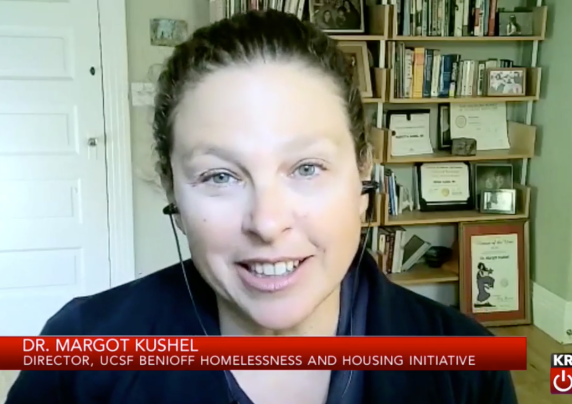
San Francisco Leaders Approve Plan to House the Homeless
KRON4 •
October 4, 2021
Image
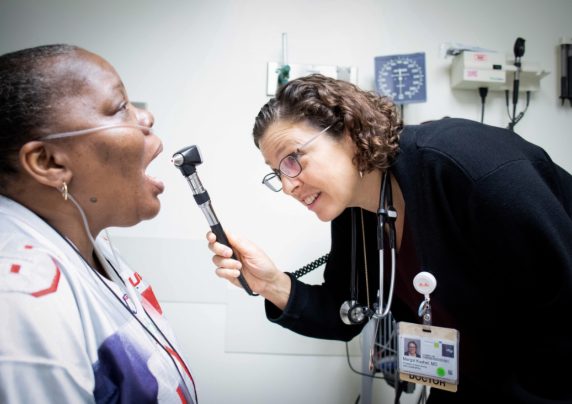
Using Research to Influence Local Policy: Oakland's Initiative to Support Older Adults Experiencing Homelessness
UCSF Changemaker Series •
September 21, 2021
Image
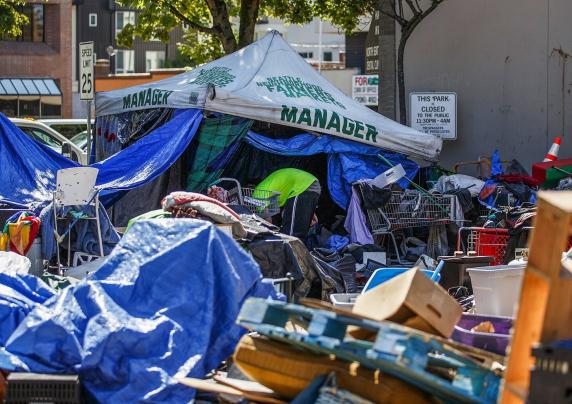
Tension Over Visible Homelessness Has Risen in Seattle — And the Country
Seattle Times •
August 22, 2021
Image
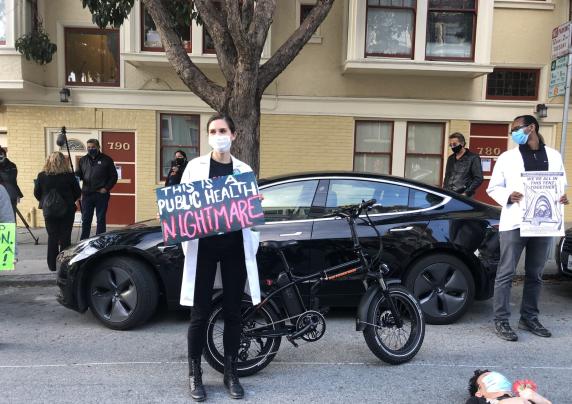
As COVID Cases Surge Among SF’s Homeless, Shelter Options Narrow
San Francisco Public Press •
August 18, 2021
Image
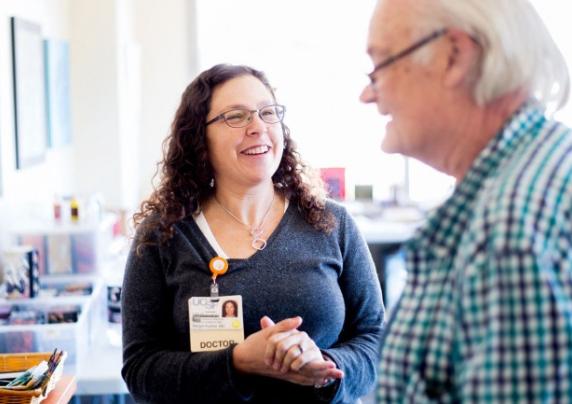
Housing Is Healthcare
Heart of Healthcare •
August 9, 2021
Image
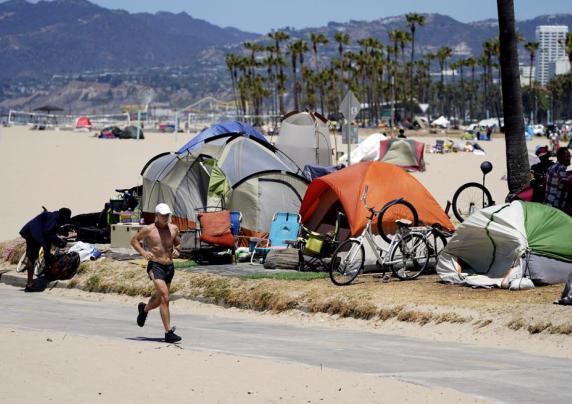
California Spending Billions to House Homeless in Hotels
Associated Press •
August 5, 2021
Image
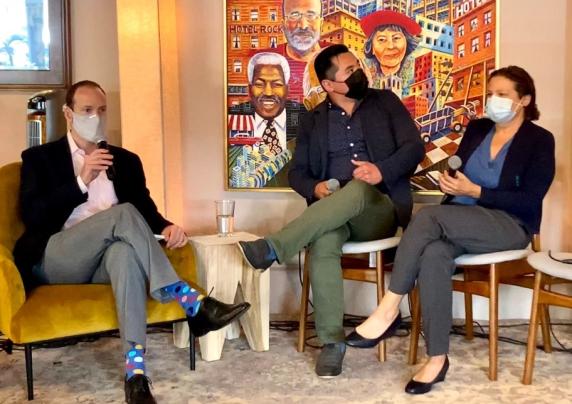
What Works for San Franciscans in a Crisis?
Mission Local •
July 29, 2021
Image
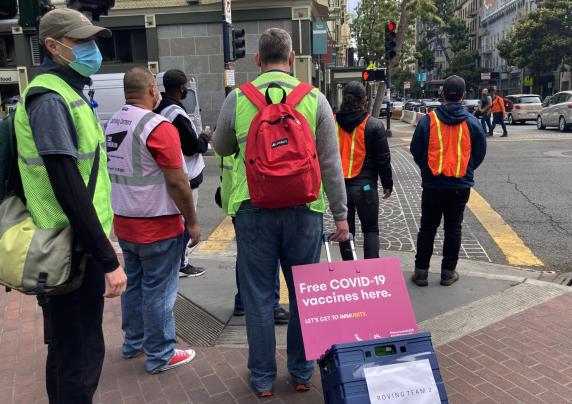
Outreach Effort Brings Vaccines Directly to Tenderloin Streets
San Francisco Public Press •
July 20, 2021
Image
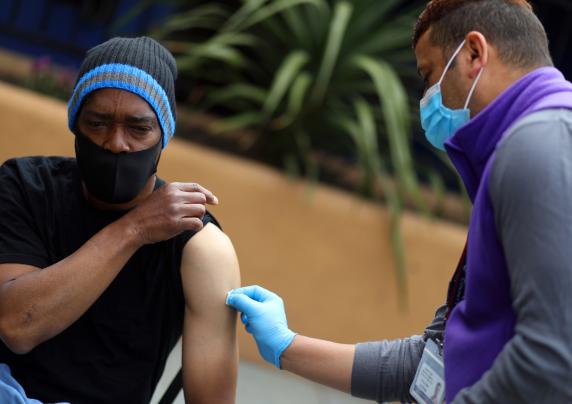
COVID Outbreaks Spread in Bay Area Homeless Shelters
San Jose Mercury News •
July 19, 2021
Image
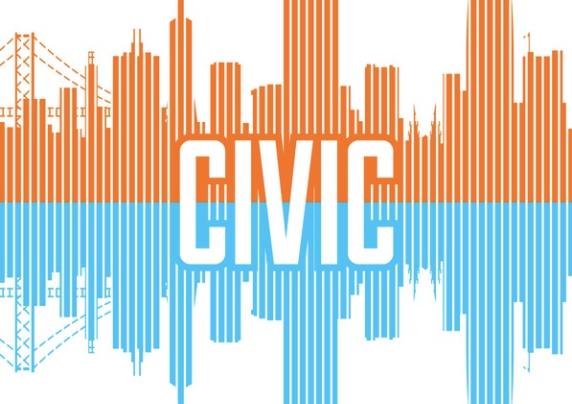
Healthcare Providers Trying to Build Trust and Improve Vaccine Access
Civic •
July 16, 2021